How Cala Medical turned academic research into life-saving technology
Key Takeouts:
Case Study: Cala Medical on Enterprise Ireland’s Commercialisation Fund
Getting research out of the laboratory and into the marketplace requires vision, hard work, commitment, teamwork and more than a dash of courage. That’s something Dr. Jakki Cooney, Chief Scientific Officer at Cala Medical, a spin-out from the University of Limerick, knows only too well.
The tenured academic, who still works part time as a senior lecturer, was researching an enzyme that destroys a molecule called C5a, with her colleague Todd Kagawa, when the prospect of commercialising their work raised its head.
“We realised that we could turn this enzyme into a powerful therapy for sepsis. There was no going back from that. I felt we were obliged to go down the commercialisation route,” says Cooney.
I’m an academic, get me out of here!
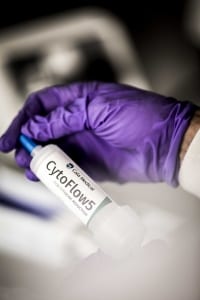
“One of the issues for me was that I don’t have a commercial bone in my body and no desire to be CEO of a company,” says Cooney. “I knew I’d need support on the business side. I was aware of Enterprise Ireland’s Commercialisation Fund and with help from the university’s excellent research office I filled in the application form. Then I reached out to a former colleague, Dr. Brian Noonan.”
With 16 years as Director of Research at AstraZeneca in the US, Noonan’s background was turning science into products. “I’d known Jakki for many years,” says Noonan. “I knew the quality of her work and came on board with the project, initially part time. My first role was to work with Jakki and Todd to turn a really interesting research idea into something commercial, looking at how we could fine tune it and find a market for it.”
The financial support provided by the Commercialisation Fund was essential in enabling Noonan and Kagawa to join Cooney on the team.
“I knew how important it is to fund the skills level that you need on the project. I needed senior staff and Enterprise Ireland recognised and supported that. Their input at this stage also helped to hone the project,” says Cooney.
With the team established and Commercialisation Fund supports in place, including a dedicated Commercialisation Specialist, the team set about developing its proof of concept.
“One of the challenges for me at this stage was what I call backfilling,” says Noonan. “The initial product and data were great but because the team weren’t originally thinking about it as a product there are things that you have to go back and do to make the story more complete. There’s a different set of criteria that have to be looked at if you want to bring something to market.
“It can also be a challenge to distill the idea down into something that you can pitch to investors so it was my job to work with Jakki and Todd to cut through the detail to achieve that.”
As they worked to achieve proof of concept, the team was supported 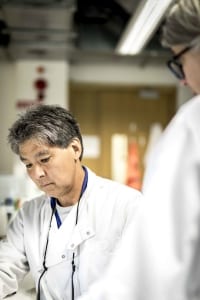 by the Commercialisation Specialist who facilitated introductions and enabled access to Enterprise Ireland’s library of specialist reports.
by the Commercialisation Specialist who facilitated introductions and enabled access to Enterprise Ireland’s library of specialist reports.
Cala Medical spun out in 2017 and since then has strengthened its team with the addition of business and clinical experts. It secured follow on-funding from Enterprise Ireland’s High Potential Start-up Fund and has also attracted angel investment.
“Our next step is to move to clinical trials over the next two to three years, with the prospect of then achieving CE marking and getting to market within four years,” says Noonan.
Facing the challenge as a team
Cooney admits that there are pressure points along the commercialisation journey. “There was a period between the Commercialisation Fund project ending and getting investors on board, when the company just couldn’t pay out salaries. I still had my university work but Todd and Brian had to run on faith. We got through it because we were committed and stubborn, and it’s paying dividends now,” says Cooney.
“Academics can be shy and unwilling to come out of their labs but it’s important that their ideas do get out. This experience has taught me not to be afraid; if another idea came along I would definitely go for it. I understand what’s involved on the business side now but I still couldn’t do that side of it. I believe the team is as important as the idea. Look at your skills and get other people on board to do what you can’t. And make use of the support available.”
For more information about applying for Enterprise Ireland’s Commercialisation Fund, contact your Technology Transfer Office.

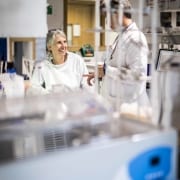
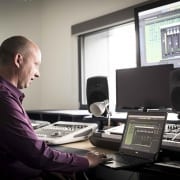
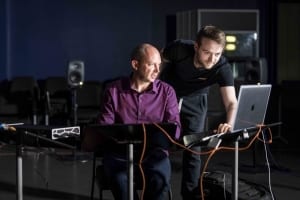

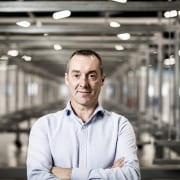
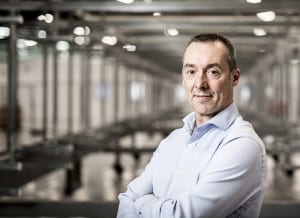
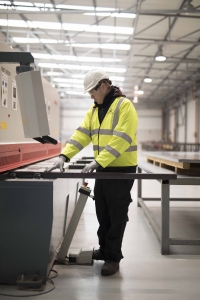 “We wanted to grow the company internationally and we wanted to become the leading international player in high-tech modular construction, to do this we knew we needed to grow our team and partner with the right organisations in our target markets,” Kevin says, explaining the reason behind Modubuild becoming an Enterprise Ireland client company in 2014. “We knew that Enterprise Ireland could introduce us to various partners in target markets and could also help us with funding to hire the additional staff we needed at the time.”
“We wanted to grow the company internationally and we wanted to become the leading international player in high-tech modular construction, to do this we knew we needed to grow our team and partner with the right organisations in our target markets,” Kevin says, explaining the reason behind Modubuild becoming an Enterprise Ireland client company in 2014. “We knew that Enterprise Ireland could introduce us to various partners in target markets and could also help us with funding to hire the additional staff we needed at the time.”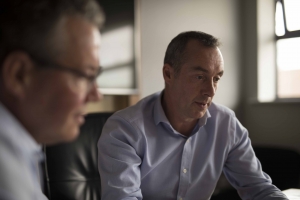
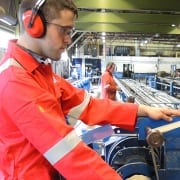
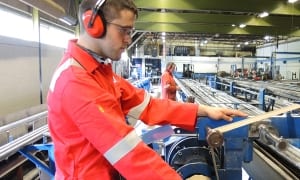
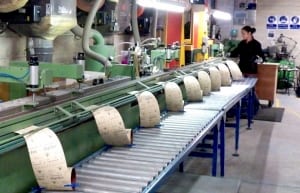
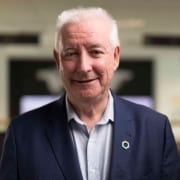
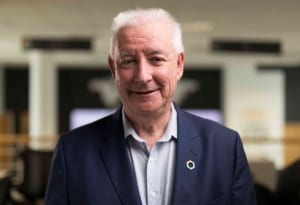
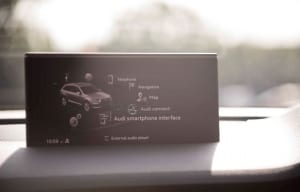
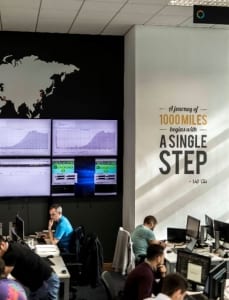
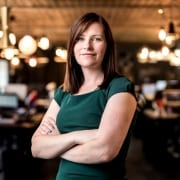
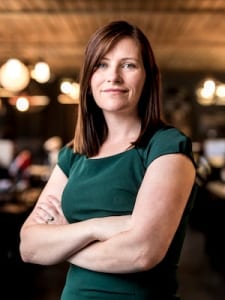
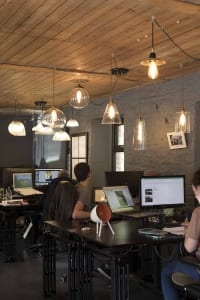 Mullan is on track to do around €800,000 in sales in France this year. To ensure the company hits that mark and continues its growth trajectory within the market, several clients — and one prospect — recently travelled to Mullan Village as part of an Enterprise Ireland inward buyer visit.
Mullan is on track to do around €800,000 in sales in France this year. To ensure the company hits that mark and continues its growth trajectory within the market, several clients — and one prospect — recently travelled to Mullan Village as part of an Enterprise Ireland inward buyer visit.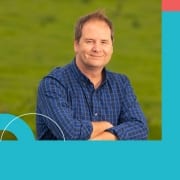
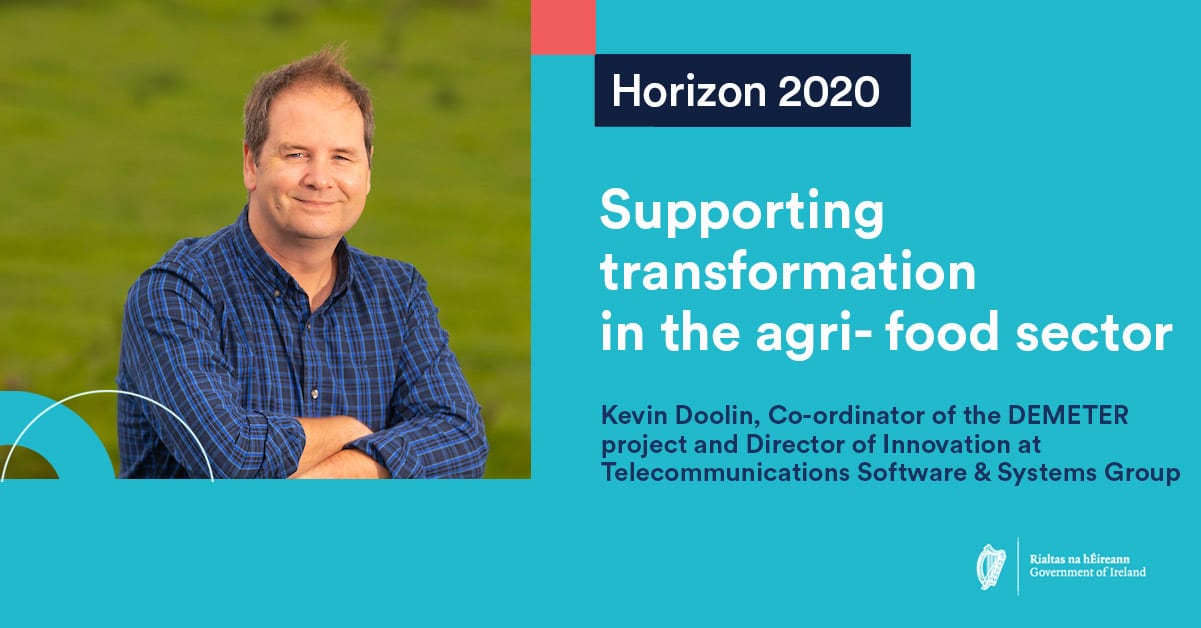
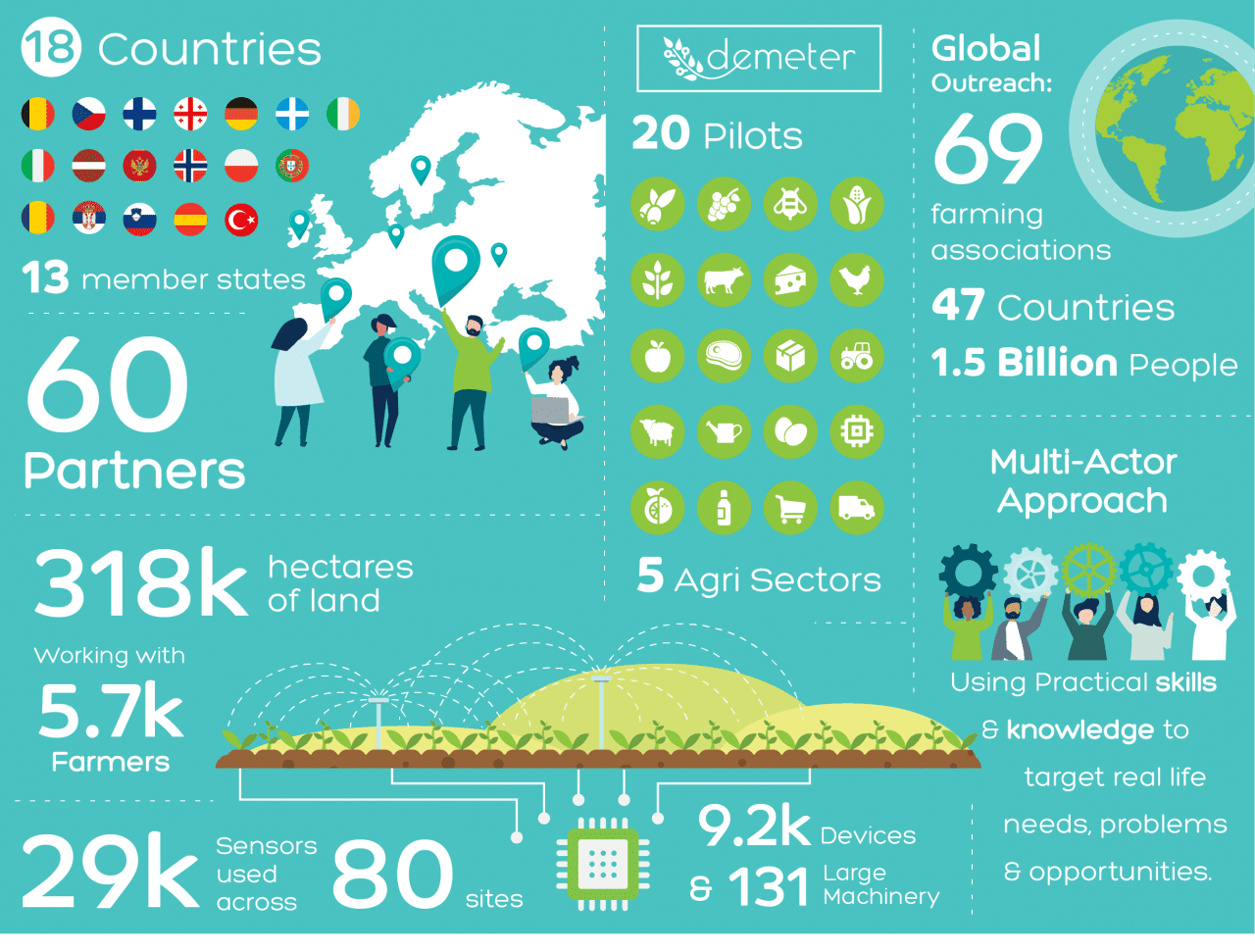

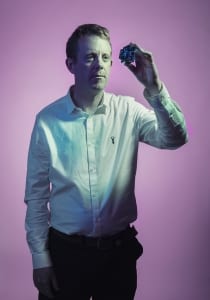
 However, developing 3D technology would mean breaking new ground for LaserTec and would require a considerable amount of R&D.
However, developing 3D technology would mean breaking new ground for LaserTec and would require a considerable amount of R&D.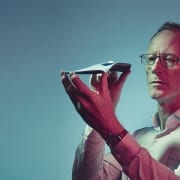
 Firefly looked at various grant schemes from different organisations before deciding to apply to
Firefly looked at various grant schemes from different organisations before deciding to apply to 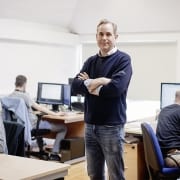
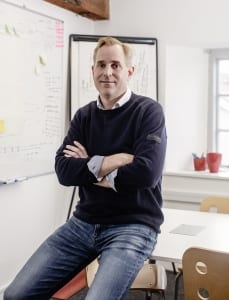
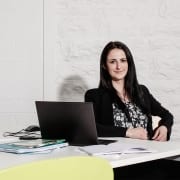
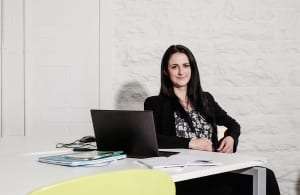
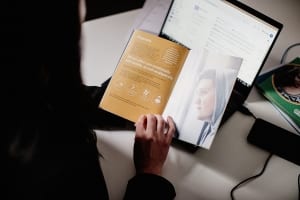 “I found myself spending far too much time on trying to manage these dressings. The straw that really broke the camel’s back was when I attended a friend’s hen party and was talking to the groom’s mother. I was shaking her hand and a dressing just fell out of my dress. I always had this idea to develop some sort of solution and that just spurred me on to really find something that worked for HS patients.”
“I found myself spending far too much time on trying to manage these dressings. The straw that really broke the camel’s back was when I attended a friend’s hen party and was talking to the groom’s mother. I was shaking her hand and a dressing just fell out of my dress. I always had this idea to develop some sort of solution and that just spurred me on to really find something that worked for HS patients.”


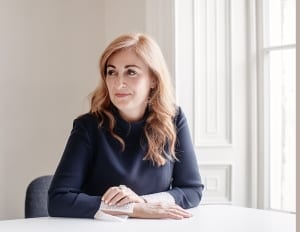 solving the problem. “We launched initially onto the Irish market, and had some really excellent, brave and innovative pharmacists in Ireland who understood the benefits of such a system and took it on at an early stage. We have 30 people on our team now, and we are constantly evolving the system, keeping our ears to the ground for changes in regulations and responding to feedback and new requirements from users.”
solving the problem. “We launched initially onto the Irish market, and had some really excellent, brave and innovative pharmacists in Ireland who understood the benefits of such a system and took it on at an early stage. We have 30 people on our team now, and we are constantly evolving the system, keeping our ears to the ground for changes in regulations and responding to feedback and new requirements from users.”
